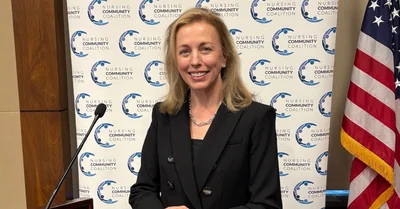The U.S. Environmental Protection Agency (EPA) has announced a settlement with the City of Atlantic City to address violations of stormwater management requirements under the Clean Water Act. The city has rectified these violations and will pay a $20,000 penalty. Additionally, Atlantic City has committed to a $60,000 project aimed at enhancing the resilience of its stormwater system against climate change impacts.
“This settlement will lead to less pollution entering Atlantic City’s stormwater system, enhance local water quality and boost the city’s resilience to climate change,” stated EPA Regional Administrator Lisa F. Garcia. “By enforcing the Clean Water Act and upgrading stormwater management, we’re not just addressing past issues—we’re ensuring a safer, healthier future for Atlantic City’s communities.”
Stormwater in Atlantic City flows into catch basins that discharge into area bays and the Atlantic Ocean. In collaboration with the New Jersey Department of Environmental Protection, EPA reviewed Atlantic City's municipal separate storm sewer system for compliance with state-issued permits under the Clean Water Act. Several violations were identified during this review.
The violations included failure to implement best practices for managing stormwater, inadequate staff training, and not updating its Stormwater Pollution Prevention Plan. These issues were documented in Administrative Compliance Orders issued to Atlantic City and posed risks to water quality and public health by potentially allowing pollutants into the stormwater system.
In addition to correcting these violations and paying the penalty, Atlantic City is initiating a Supplemental Environmental Project that involves replacing approximately 18,000 square feet of traditional asphalt with permeable pavement. This type of pavement allows water to pass through it, thereby reducing runoff and filtering pollutants before they enter the stormwater system. This upgrade aims to prevent pollutants from entering the system while also improving the city's capacity to manage stormwater effectively in light of climate change.
For more information on the National Pollutant Discharge Elimination System (NPDES) permit program, visit their website.





